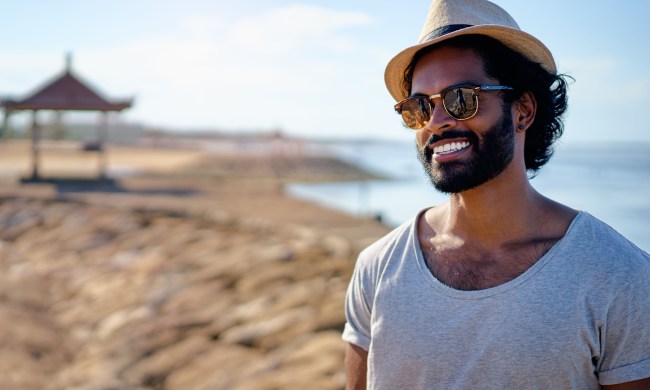With every passing year, there always seems to be a new health trend reported to be anti-aging, reduce stress, help you sleep better; the list goes on. One that has been around for some time, notably in the athletic locker rooms of professional athletes, but gaining mainstream exposure is cold water exposure. While jumping in an ice bath may not be for everyone, a better alternative is utilizing a cold shower.
Cold showers are definitely a smoother transition if you eventually want to attempt freezing-cold ice bath exposure but are not ready for that level of commitment. A cold shower, however, can help you to effectively wake yourself up in the morning or to cool you down on a hot day; either way, a cold shower can provide you with many health benefits.
Odds are you’ve heard whispers about different kinds of cold therapy techniques, from full-body ice bath immersion to cold showers. What we’ve found at The Manual, flipping through the leading studies on the subject, is that there isn’t just one “right” way to get cool.
Contrast showering, 007, & The Father of Medicine
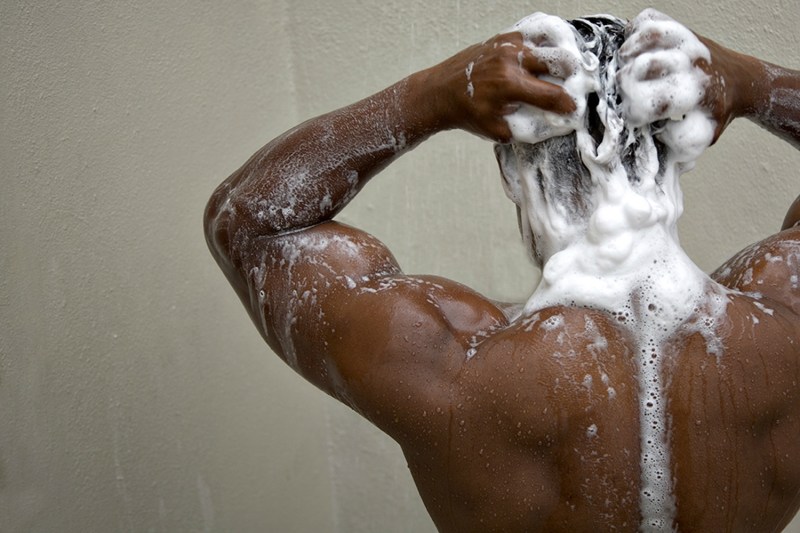
However, there is an easy way! If you’re not down with the frigid trend of cryotherapy tanks (another way to experience cold exposure), over a decade’s worth of research points to the mental and physical benefits of lowering your bath nozzle below 70 degrees Fahrenheit. You can experience the mental and physical benefits of cold therapy with a 2 – 3 minute icy shower.
Another type of shower practice that can make cold showers more bearable is known as contrast showering. Contrast showers, which some have called “The Scottish Shower” and “The James Bond Shower” — in the original Ian Fleming books, 007 starts his showers at a scalding temperature then lowers it to freezing. This back-and-forth flipping between hot and cold water can be just as beneficial health-wise without having to stand in cold water entirely (more on their benefits below). It’s a much more bearable experience for those just starting out. But, the history of cold water exposure goes back centuries ago, well before James Bond was ever fathomed.
The “Father of Medicine,” Hippocrates, used cold water in treating serious illnesses. The use of cold water for therapeutic, relaxation, and social purposes dates back to ancient Greece. In the fourth century B.C., Hippocrates documented the medicinal benefits of cold therapy, including its analgesic properties. Fast forward to the 21st century, and a now-famous Dutch extreme athlete has been the driving force taking cold water exposure and making it mainstream.
Enter “Iceman”
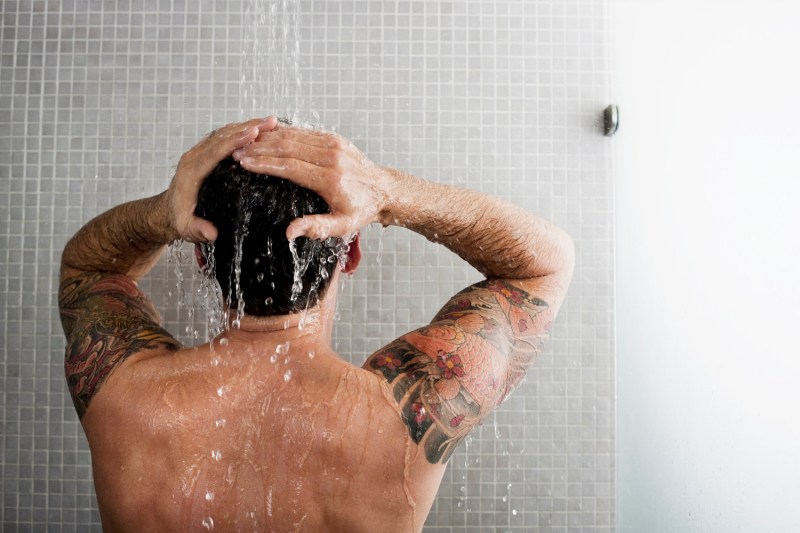
Dutch extreme-athlete Wim Hof scored the famous nickname “Iceman” for withstanding extreme (we mean extreme) cold temperatures, which he attributes to his breath and mental control. He practically has his own empire now: The Wim Hof Method, which is centered around cold therapy. Throughout his techniques, teachings, and seminars, his overall message is simple: equip anyone with the skills to attain mastery over their nervous, immune, and cardiovascular systems, which in turn can enhance their well-being, strength, and happiness.
“Both cold exposure and conscious breathing require patience and dedication … Armed with focus and determination, you are ready to explore and eventually master your own body and mind,” says Hof’s website. He calls it “a practical way to become happier, healthier, and more powerful.”
Here’s how to take on the Wim Hof Method:
Ready to take on his teachings? This is what the official website recommends to take on the Wim Hof Method:
- Commit to the Wim Hof Method and learn its principles from available resources — Facebook, YouTube, etc. Embrace the journey.
- Start small and establish healthy habits. Healthy habits such as practicing breathing exercises or taking cold showers on a regular basis. Remember, the method is not a quick fix but rather a lifestyle change.
- Prioritize time and space for daily practice. Create a dedicated space and communicate its importance.
- Be prepared for challenges, trust the process, and be patient with yourself.
- Have fun and enjoy the journey towards improved well-being.
Cold shower benefits
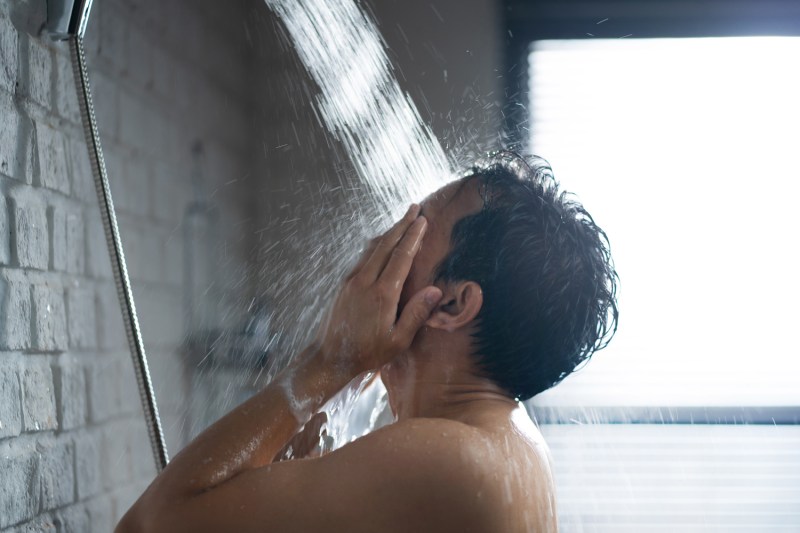
By now, you may have been gathering just how beneficial cold showers can be on your health. Here are some of the reasons to make it a staple in your health routine.
- Mental Health – Cold therapy has been associated with boosting mental dexterity and decreasing anxiety and depression.
- Promotes endorphin release – Cold showers have been compared to “gentle electroshock” therapy for people with depression. The electrical impulses generated by the shocking effect of cold water can increase alertness, clarity, and energy levels, while also triggering the release of endorphins, called the “happiness hormones.” As a result, individuals may experience feelings of well-being and optimism.
- Inflammation lowering and immune function boosting – During cold exposure, your body attempts to maintain a normal temperature by increasing heat production and minimizing heat loss. This causes physical adaptations (i.e. shivering) and responsive mechanisms, which induce metabolic and hormonal changes that alter your immune system. It also lowers your heart rate and lays the hammer on inflammation.
- Radiant-looking skin – On the surface level, dermatologists say quick, cold showers are best for your skin health and promote blood flow. A deeper look shows that cold water can lower the temperature of damaged tissues while improving circulation and speeding up muscle recovery.
- Metabolic enhancement – Long-term cold shower practice has also been proven to increase your metabolism and ability to burn fat through thermogenesis.
Does it have to be 100% cold water?
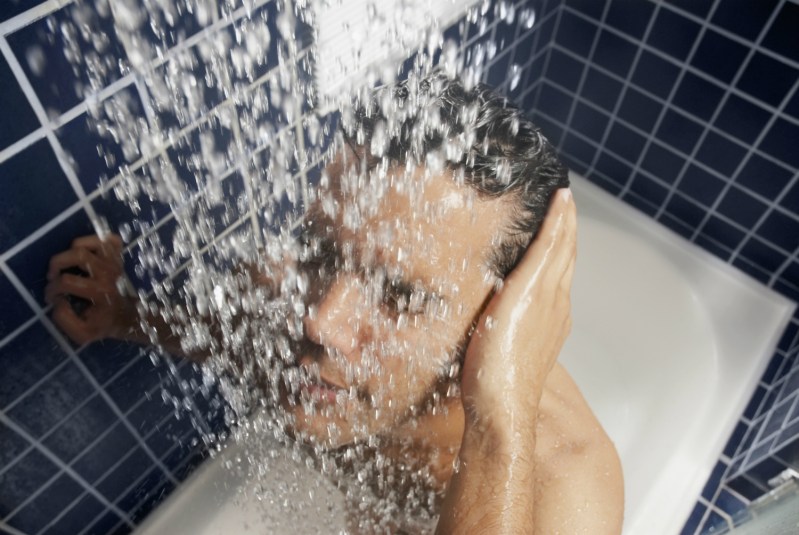
Nope! Experts in the field believe alternating between hot and cold temperatures (contrast showers) drives oxygen and nutrients to your organs, promoting detoxification and decreasing blood lactate concentration, which quickens muscle recovery. This is great news, considering some believers in extreme cold therapy advocate for dunking your body into freezing water while holding a 20-pound ice block to your chest. For the rest of us, contrast showers are much more doable.
A 2016 report found that taking a quick 30 – 60 second hot-to-cold showers actually decreased the number of sick days taken from work and improved self-perceived quality of life and work productivity in those studied. Researchers even compared the health benefits of a routine cold shower to the effects of regular physical activity — just in case you need an excuse for skipping leg day.
Meanwhile, the one-two punch of both routine hot-to-cold showers and regular exercise cut sickness absence by over 50%. Maybe let’s not skip the leg day, then.
Do you get used to the cold?
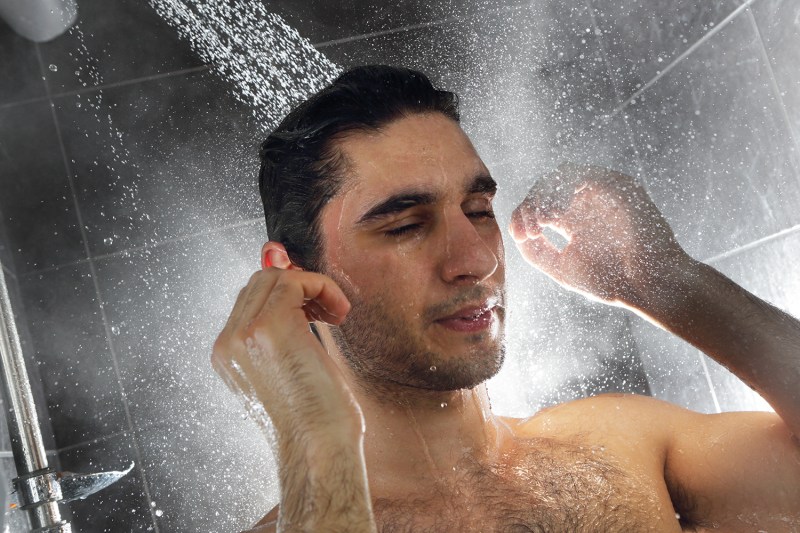
It is 100% not a myth that cold showers are mentally challenging during the 30 seconds to three minutes they’re happening. However, step out of the bathroom, and you’ll feel a perceived increase in energy level. Subjects in the aforementioned study compared it to a boost of caffeine.
Over time, the more you perform cold showers, the easier they become. This is all mental, of course, which is another reason you should be taking cold showers.
How does cold water make my brain stronger?
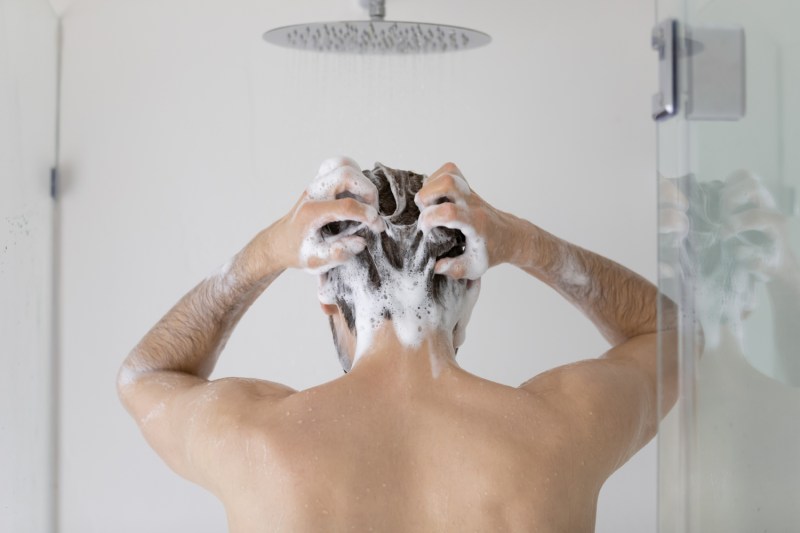
Dr. Rhonda Patrick’s report on “Cold Shocking the Body” shows that ice baths and cold showers increase the release of norepinephrine, a hormone that works to calm down, in the blood. It also affects your mood, vigilance, focus, and attention.
Brain boosting benefits
Taking a 2 -3 minute cold shower below 68 degrees Fahrenheit has wonderful brain benefits. “Cold showers seem like a good way to exercise mental self-control,” Dr. Roy Baumeister, a professor of psychology and head of the social psychology graduate program at Florida State University, tells The Manual. “Doing this regularly will improve your self-control in other domains. Cold showers build character.”
Another study that focused specifically on the use of cold water for the treatment of depression suggests that exposure to cold activates our sympathetic nervous system and increases the levels of beta-endorphin and noradrenaline. “Additionally, due to the high density of cold receptors in the skin, a cold shower is expected to send an overwhelming amount of electrical impulses from peripheral nerve endings to the brain, which could result in an anti-depressive effect,” say researchers.
They point out that some depression may be caused by a lifestyle that lacks the physiological stimuli experienced by primates during evolution, such as “thermal exercises” like cold swims, that promote these brain functions.
Ice, ice baby
With all the health benefits of cold water exposure, it’s hard to not want to give it a go. But just the thought of one can be discouraging for some. Start with a transition plan utilizing contrast showers. Slowly as you acclimate to the colder temperatures, you can transition to 100% cold water the entire time you’re in the shower. Three minutes later and you and your brain will be on cloud nine.



